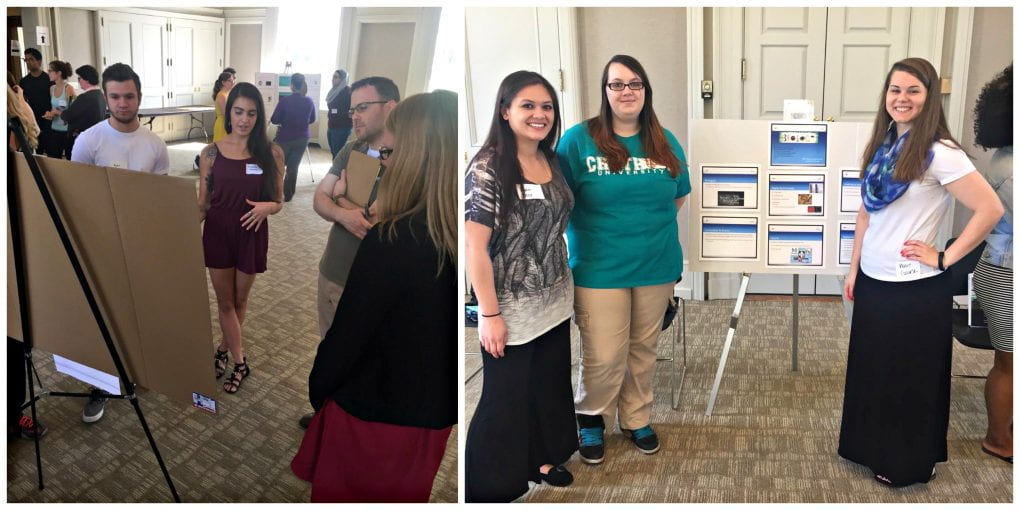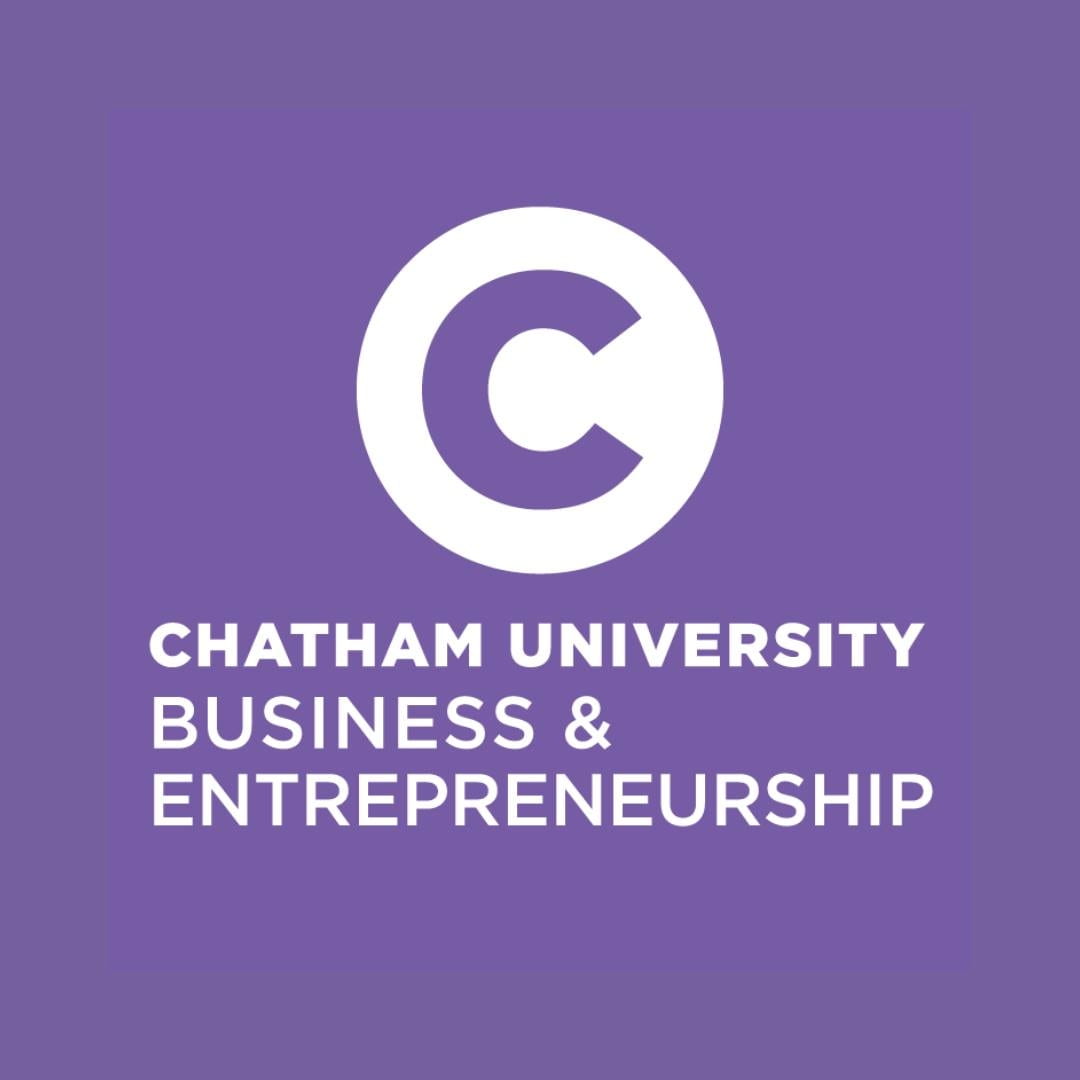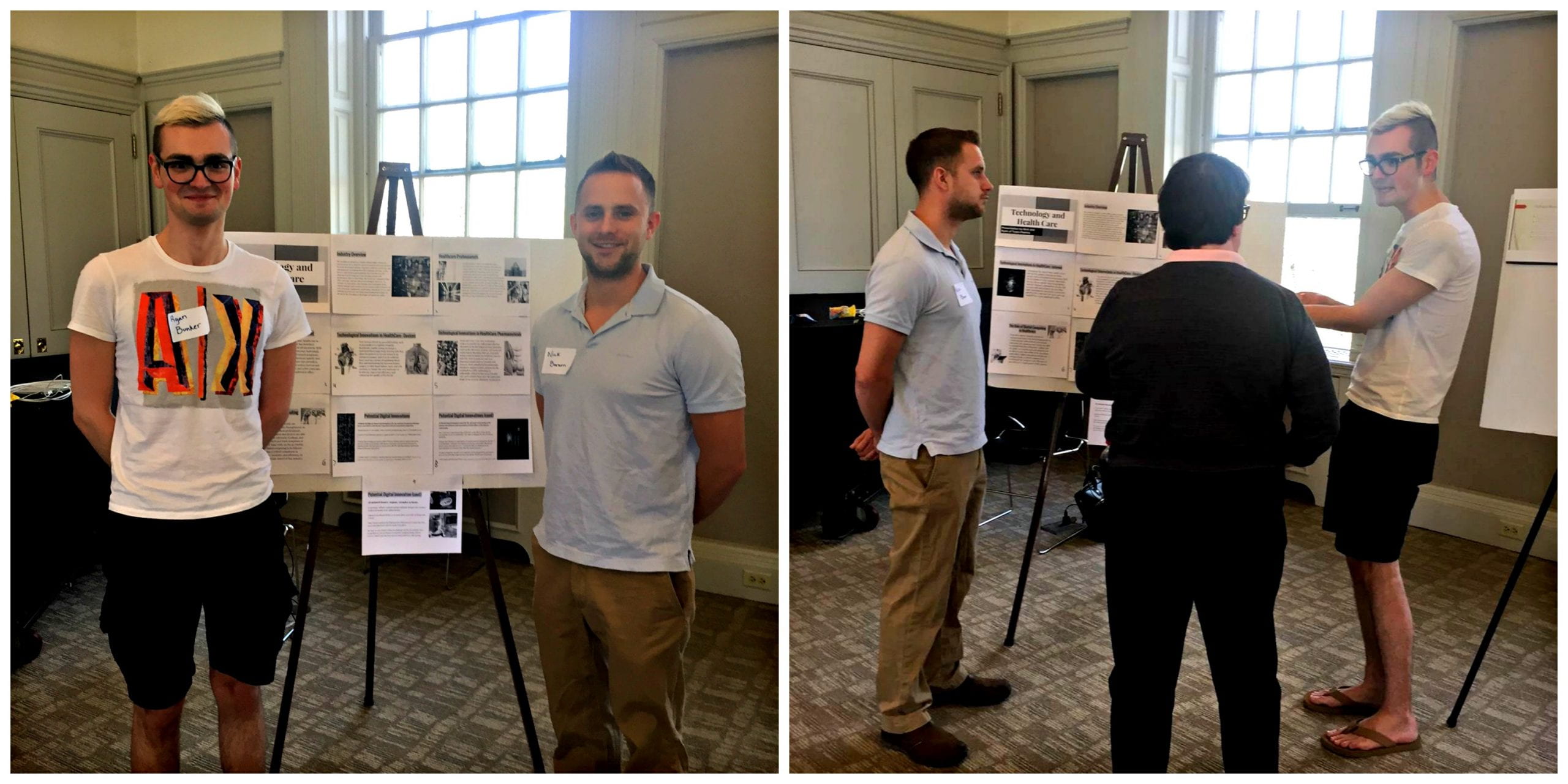Careers for the Digital Age (IND250) is a one credit course that explores computing and digital skills that are essential to professionals in the 21st century across disciplines. Topics include the internet, mobile technologies, coding, and Big Data. Students examine how these digital technologies are transforming industries such as business, music, and healthcare.
In Spring 2016, this course was instructed by Dr. Rachel Chung, Director of Business Programs at Chatham University, and Timothy James, Partner Technology Manager at Google. The class was structured into a semester-long group project with ten teams focused on different industries including: Biochemistry, Biology, Social Work, Microbiology, Natural Organics, Physical Therapy, Sports Statistician, Exercise Science, Chemistry, and Pharmaceuticals.
Asia Williams, a student on the Biology team, reflects on her experience in the course: “My reason for taking this course was to learn the importance of computer skills to Biologists. At first, I was unsure of this relationship. I knew that scientists needed computers, but I never understood why or to what extent. After completing this course, I now know that Biologists use a wide range of computing skills almost every day!”

Student Ryan Wolf also learned the importance of technology skills in his Exercise Science career path through this course. “I used to think that since my major is exercise science that I would not use technology much or if at all. However, through learning more about technology in my career path, I see how they are connected,” says Ryan. “With helpful insight from my instructors, I now see the value of having a technology background. It will make me more employable.”
These students, few with experience in coding, were able to practice this desired skill through the coursework. “The first lesson I’ve learned from Careers for the Digital Age was learning how to code,” says Taylor Smail, a Cellular and Molecular Biology student. “This may seem like a simple task, but honestly, it is one of the most complicated subjects I’ve attempted in my college career. Along with being challenging, it is the most rewarding task to see what I’ve coded come to life.” Graphic design student Morgan Ream agrees: “Coding is becoming a major factor of every job and aspects of our lives; it is an amazing tool that is connecting us all in ways never seen before.”
This course also provides students with an opportunity to become more familiar with future prospects in their fields. “I am not quite sure what I would like to do in my future,” says Biochemistry student, Sabreen Megherhi. “This class allowed me to pick a new topic within the sciences each week and discover current advancements in the field. I learned about topics from biology and chem-informatics, prosthetic innovations, machine learning in medicine, 3-D printing, and more. I think that being able to research all of these new fields in science really helped me narrow down what interests me, and I think that aside from coding this class, being able to complete this research helped me further excel in my career.”

On April 20, 2016, the ten student teams showcased their semester-long projects at a poster presentation that was open to the public. Each presentation was displayed in three primary components:
- Industry overview, including what professionals in the industry do, and examples of digital innovations available in the industry.
- The role of the computing and digital skills in each industry, according to professionals the students have interviewed.
- Potential digital innovations that the team has envisioned for the industry.
Individual students also had the opportunity to showcase animations or apps that they had created during the course.
Dr. Rachel Chung was very impressed by what students were able to accomplish in this course. “Both Professor Tim James and I were very pleased by the quality and creativity of the team project posters. Many teams researched impressive applications of machine learning and computer algorithms in their own professional fields, and we learned so much from posters! The students also shared many insights they gained from interviews with professionals, as well as surveys of family and friends regarding coding in their professions. How the students gathered data, interpreted the data, and created compelling stories based on their findings was quite remarkable. I would say many teams exceeded my expectations!”
We are incredibly fortunate to be able to collaborate with Professor Tim James from Google Inc. His infectious energy, and creative teaching methods made coding exciting for students of all majors. Given the critical importance of computer algorithms for the 21st century economies, we are very grateful for the excitement about coding that this course has generated amongst Chatham students. We look forward to having Professor James back at Chatham for more programming courses!
For more information on this course, please visit the class page.


